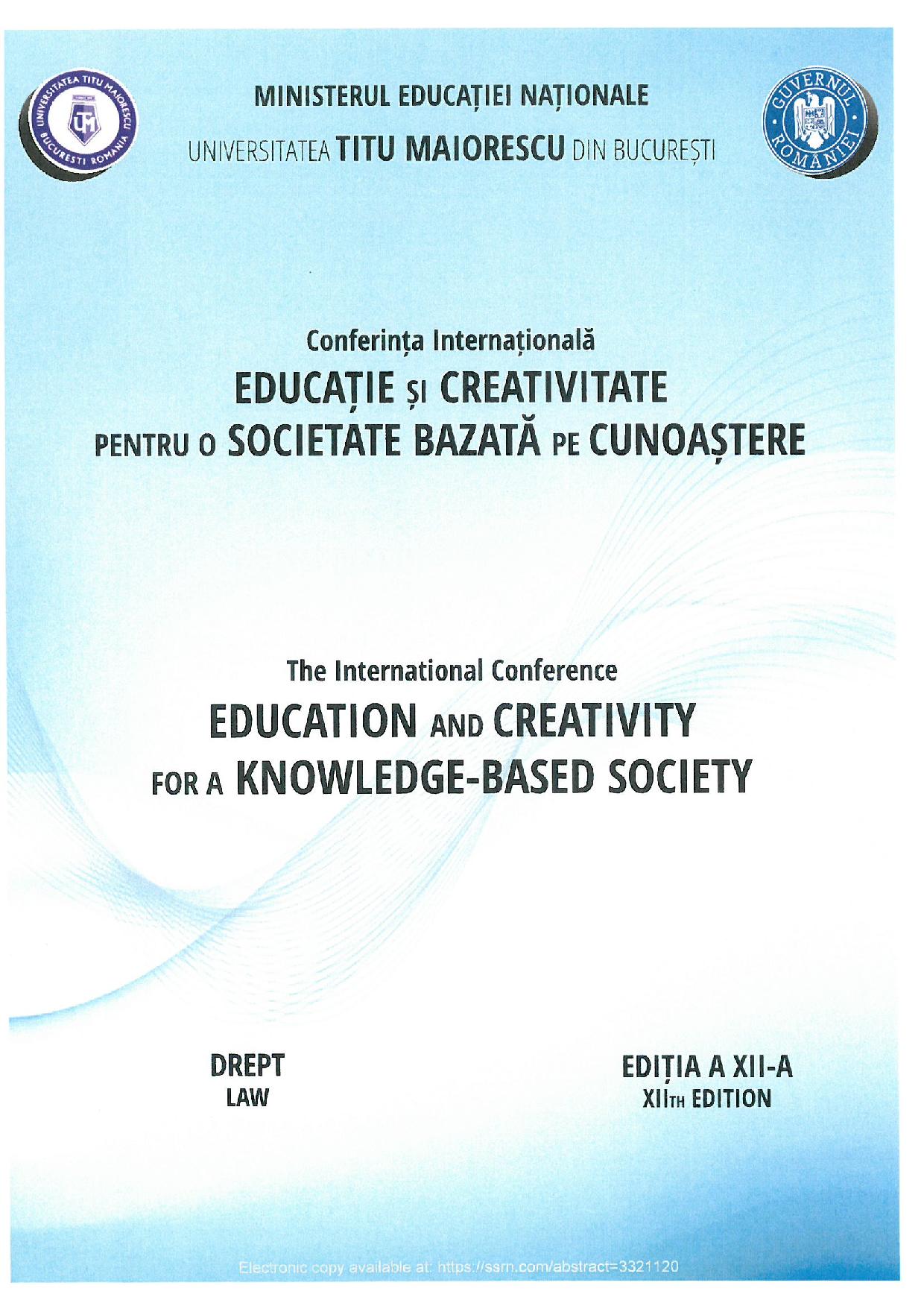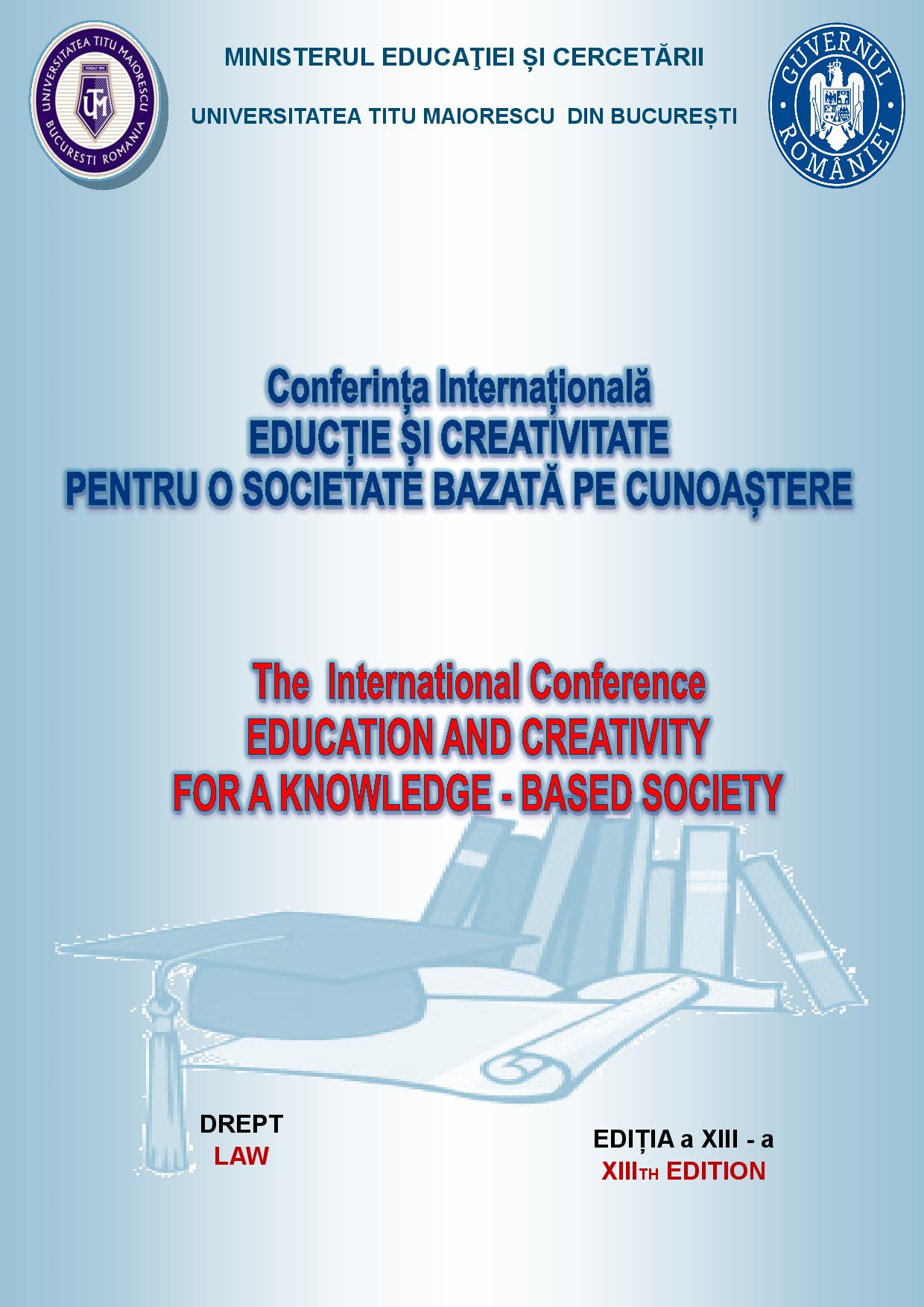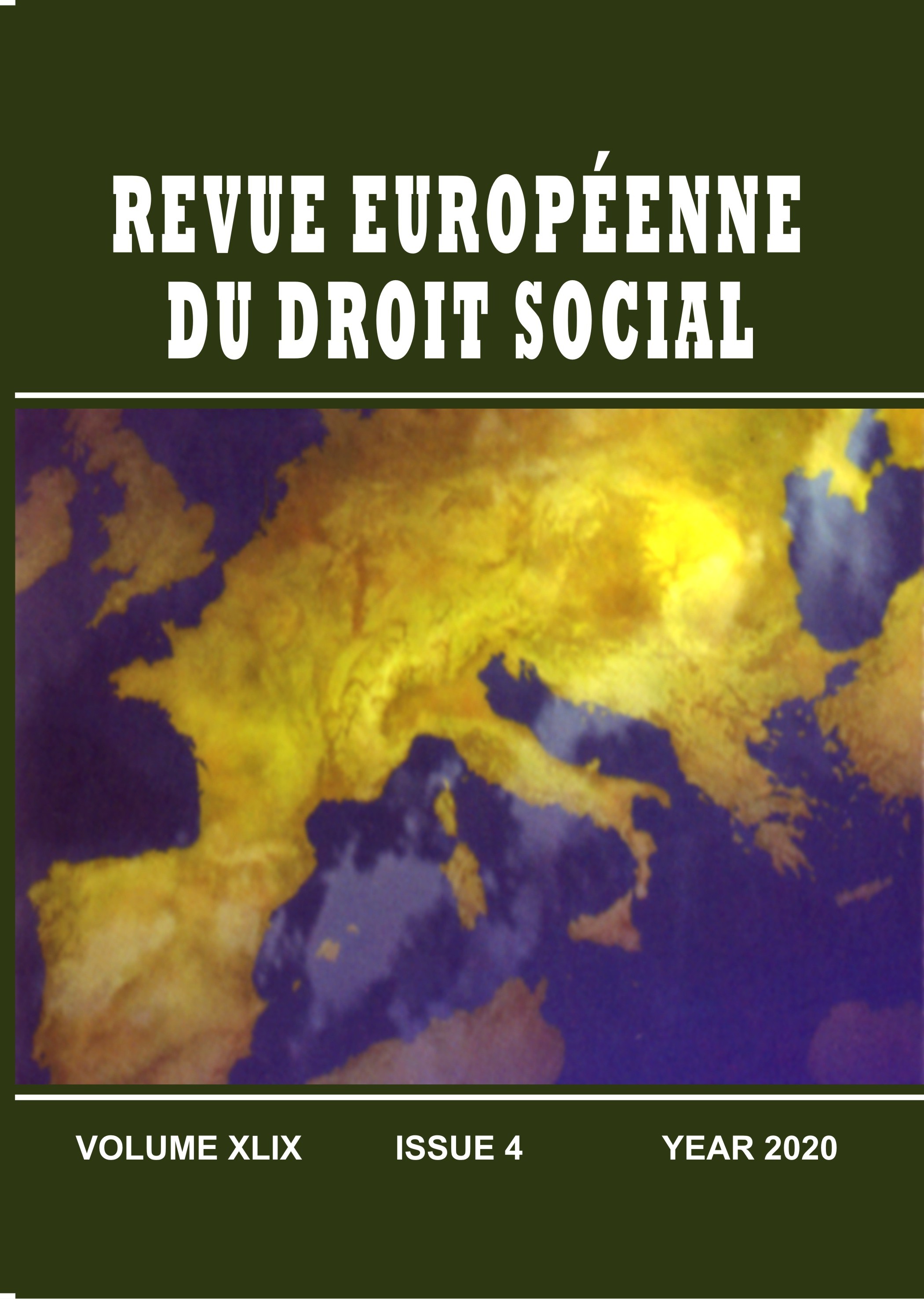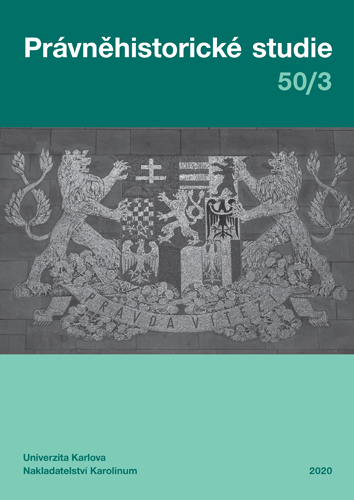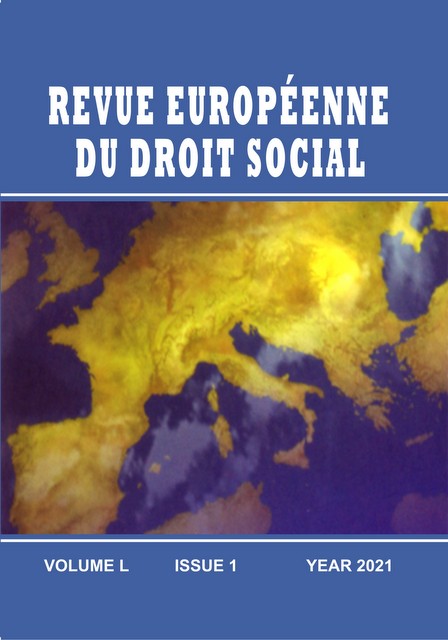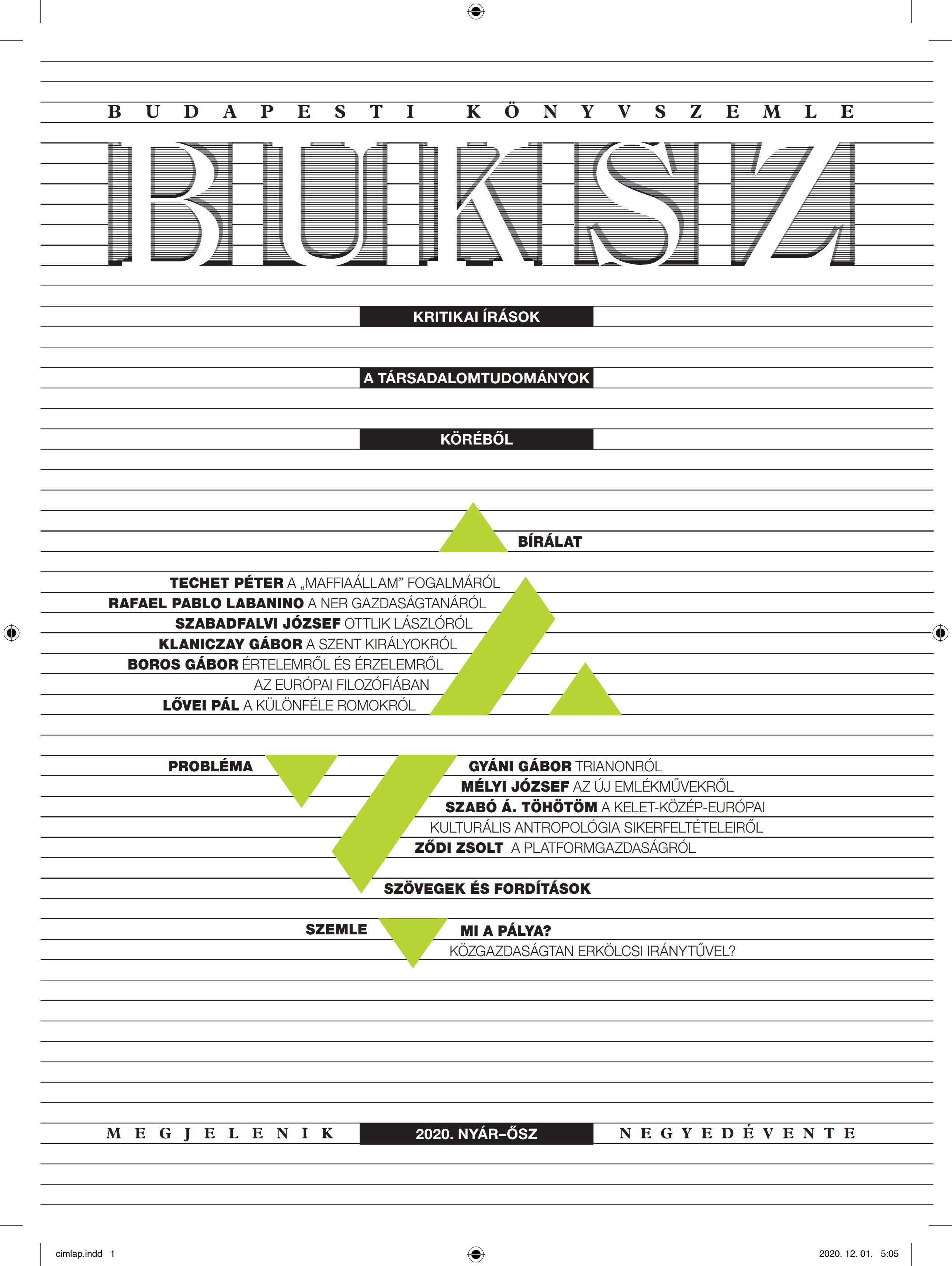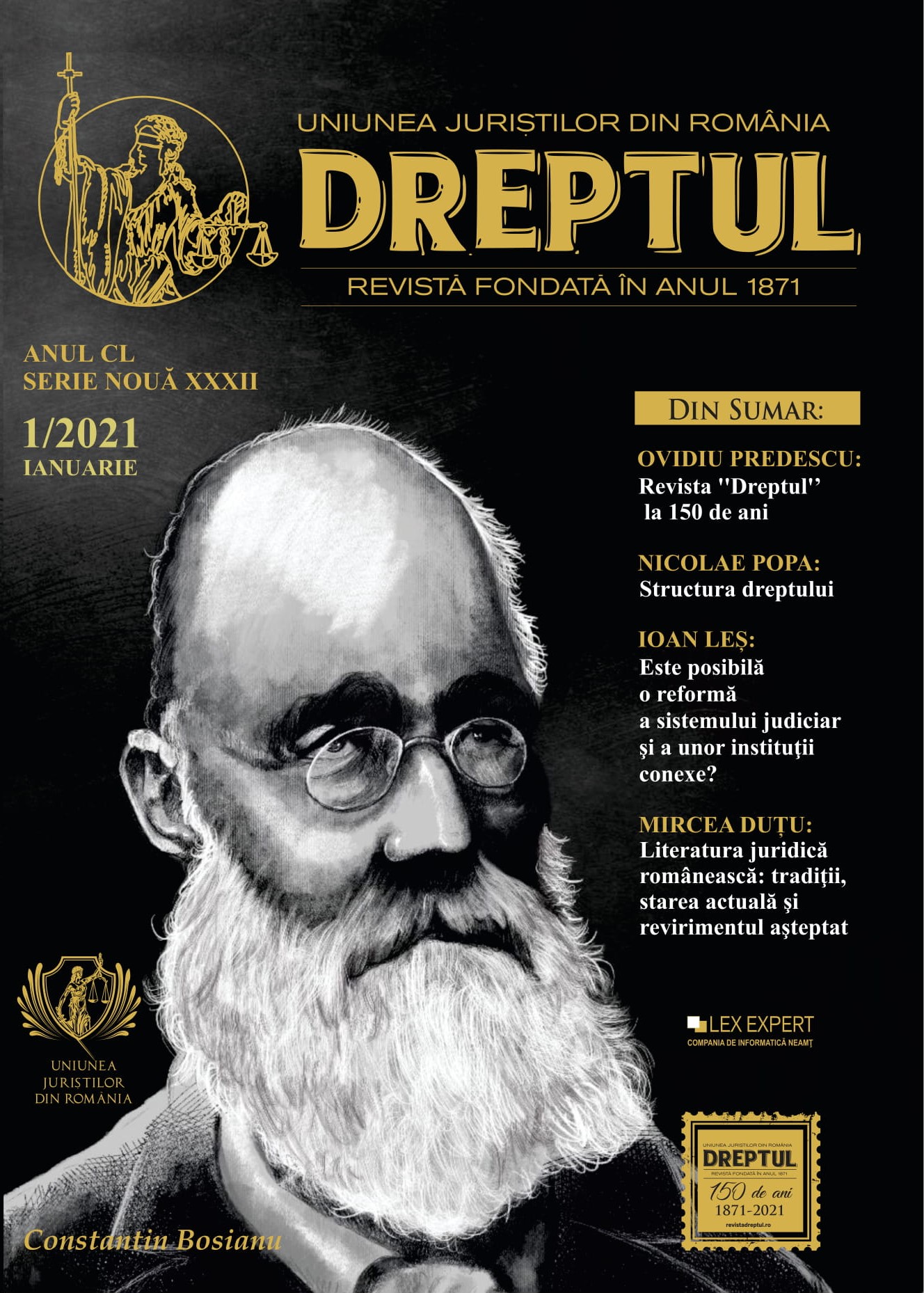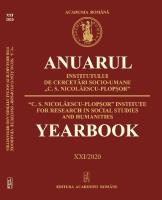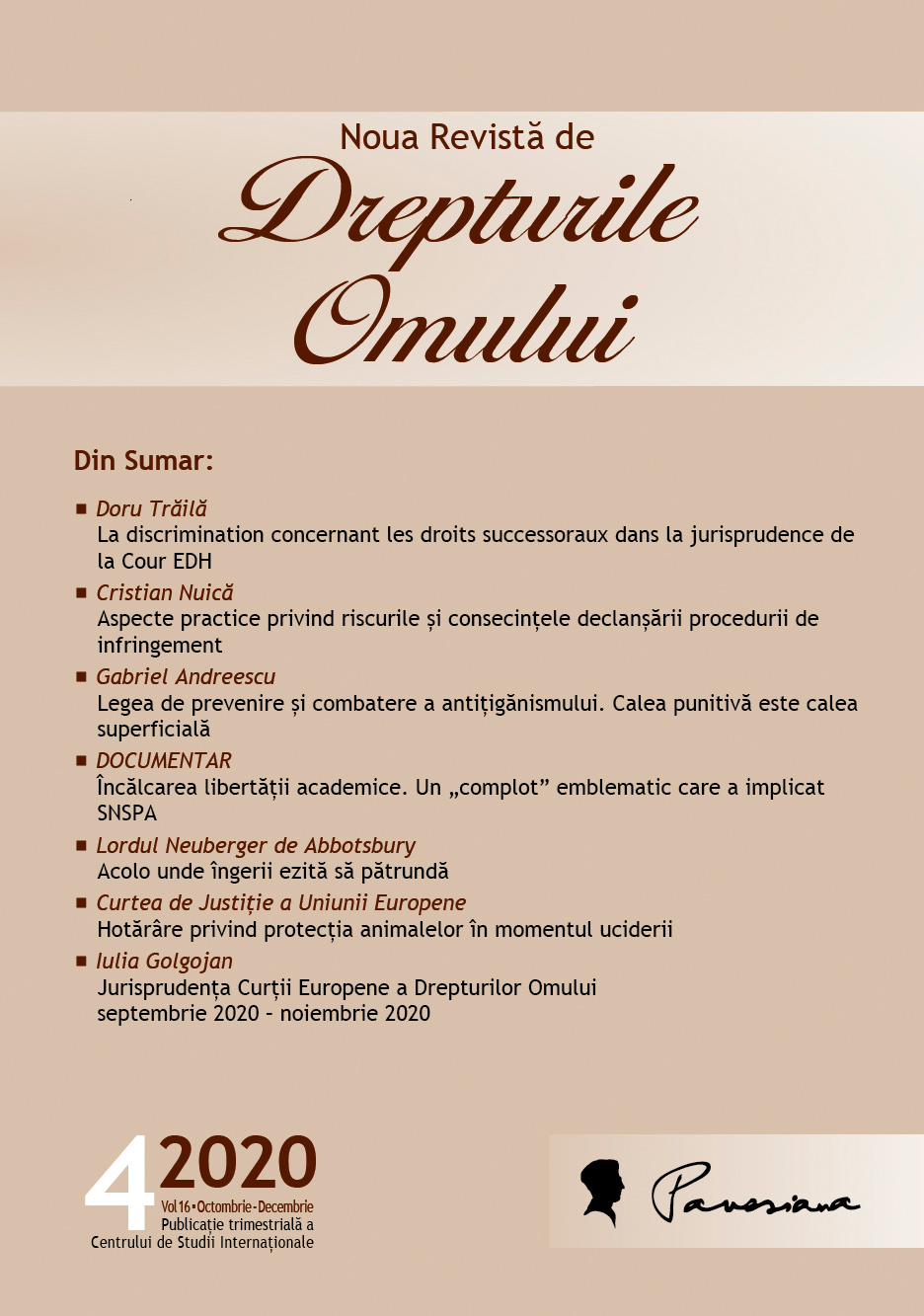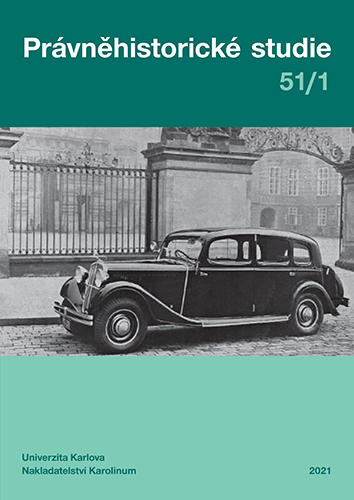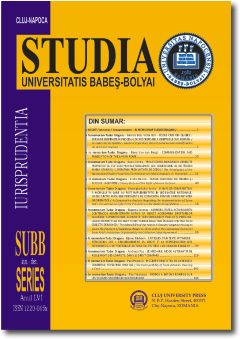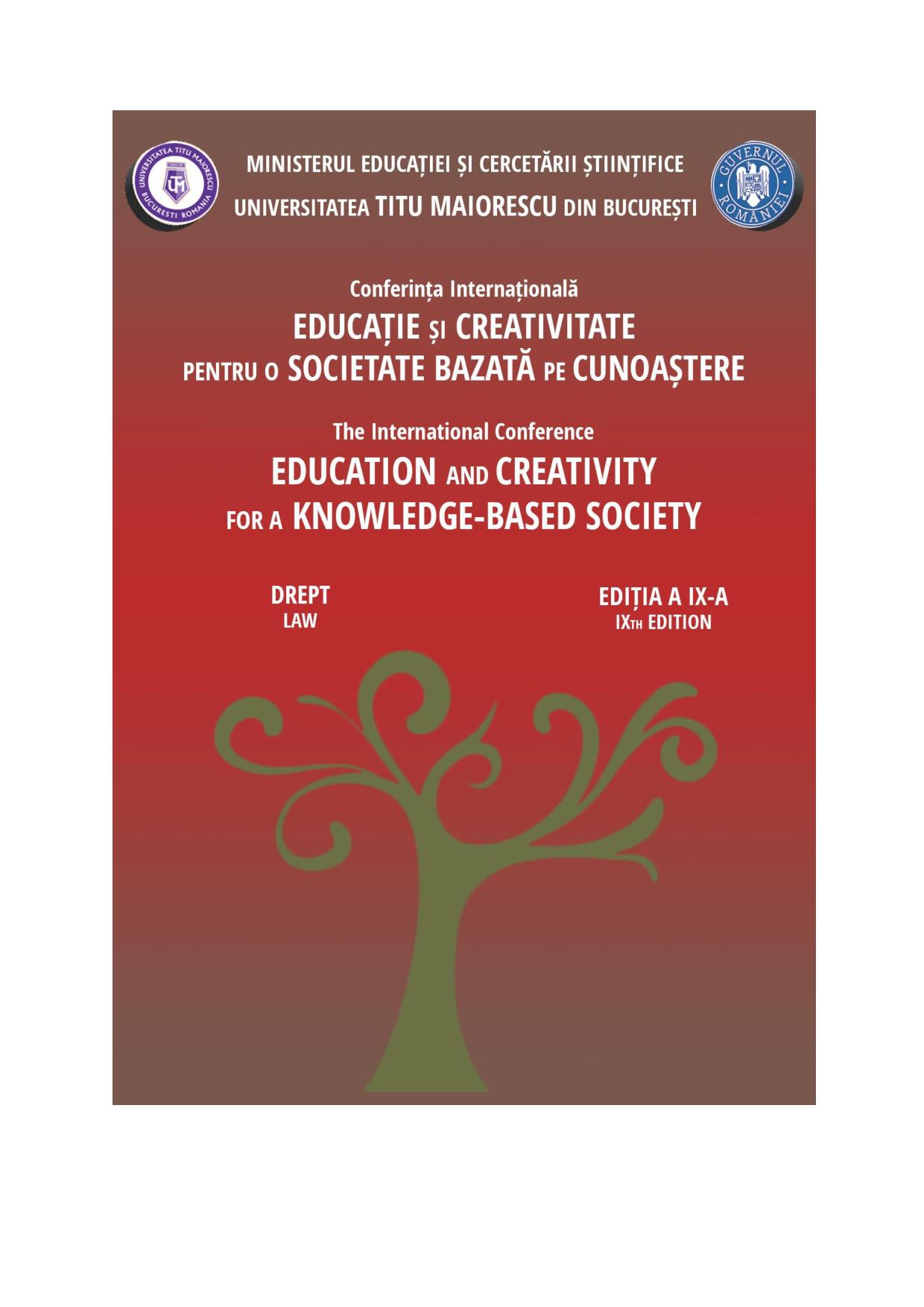
INTERNET AND THE JURIDICAL REALITY
Currently, the day-to-day reality confirms that the Internet is one of the major factors influencing people’s lives, and therefore the juridical phenomenon on the whole. Moreover, national legislation and jurisprudence, as well as the society, are strongly and essentially influenced by the Internet, as a factor of configuration. Certainly, the Internet has also negative parts, like life in general. To remove them, during the interaction man-Internet it is necessary to keep in mind the classical and sacred values of humanity: moral, religion, principles, as values with many positive sides, beneficial for the society.
More...
